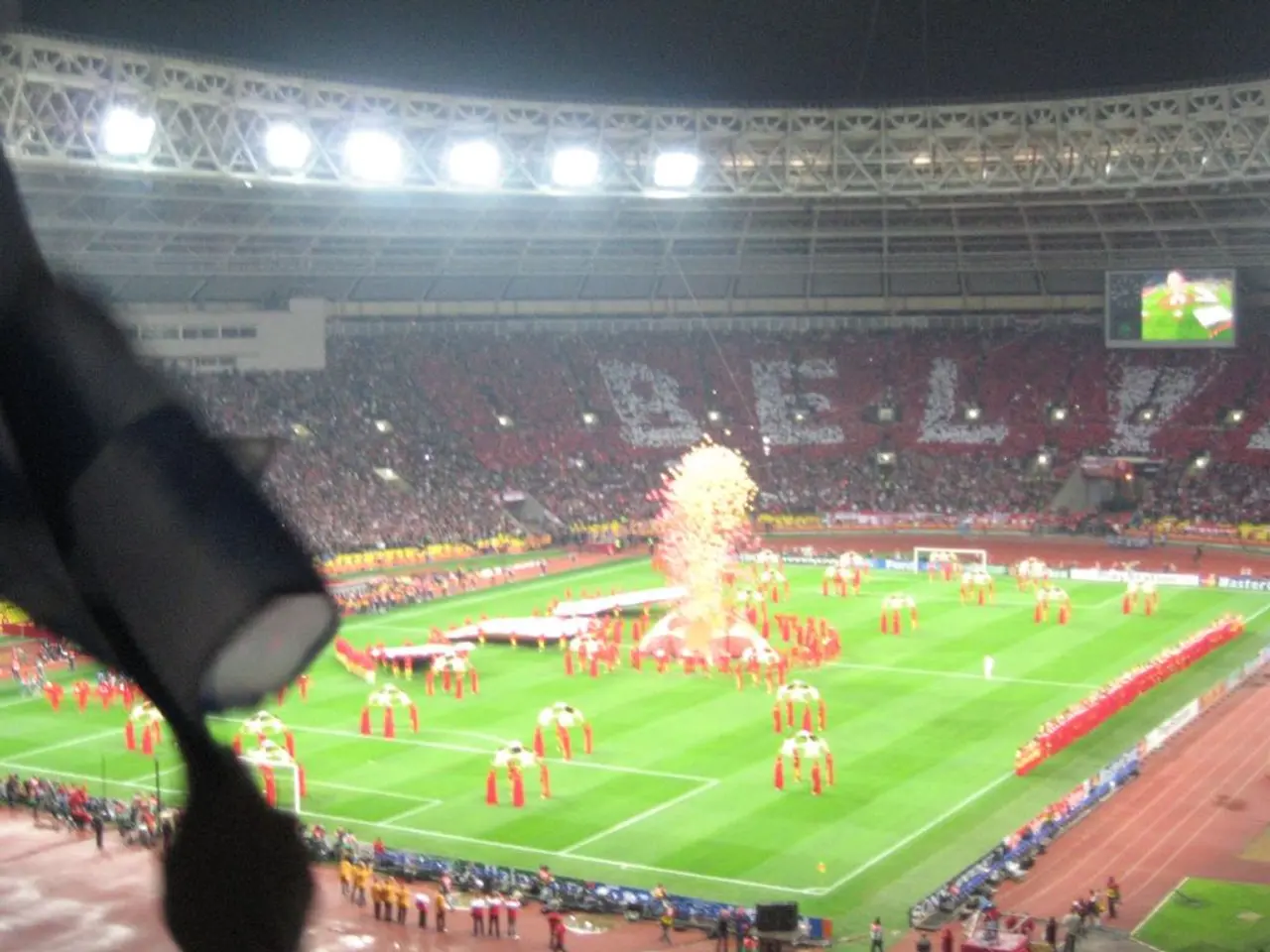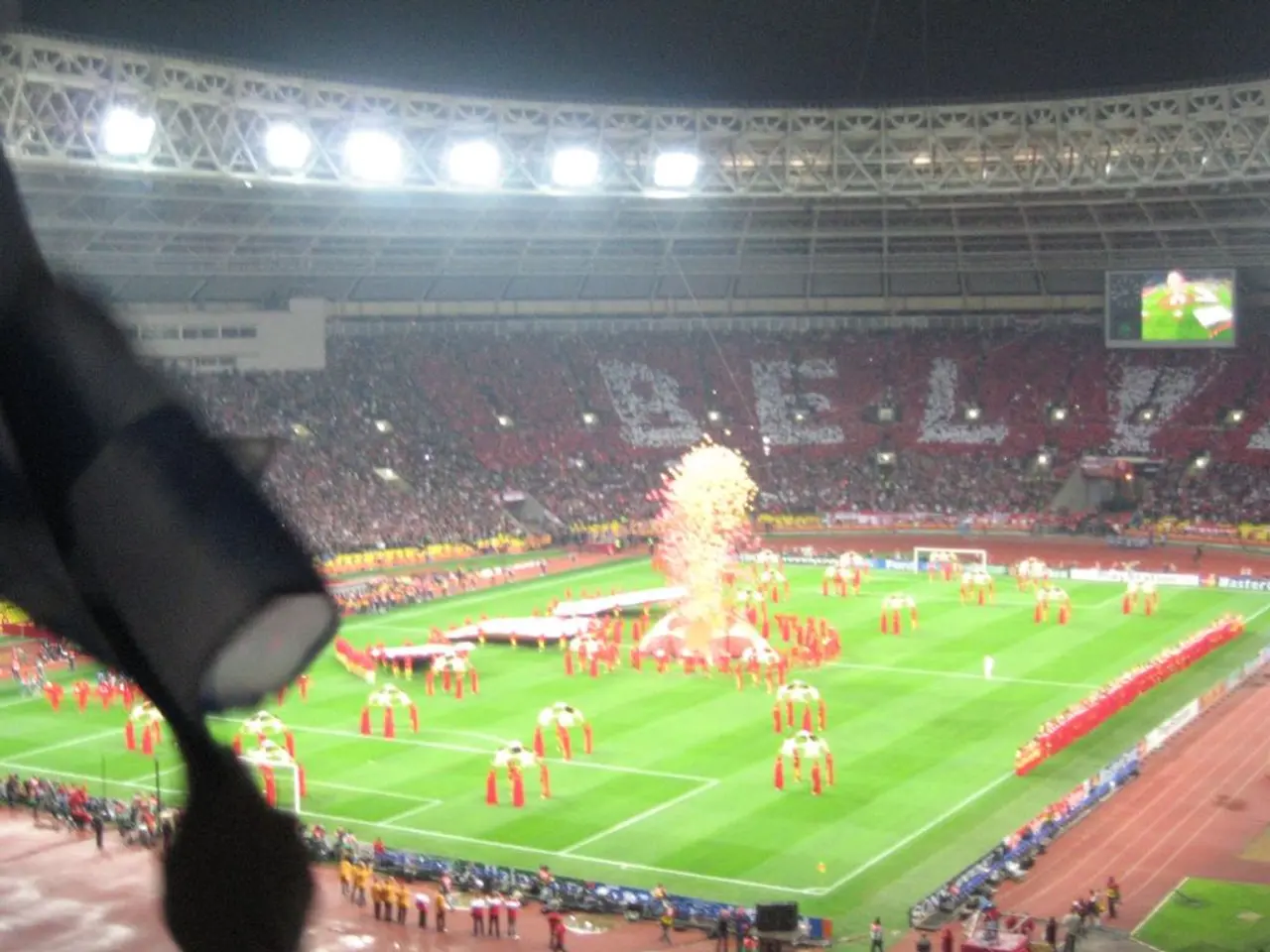Judicial Verdict: Local Courts Retain the Authority to Review Previous Decisions
European Court of Justice Ruling Reshapes Sports Arbitration in EU
In a landmark decision, the European Court of Justice (ECJ) has established that arbitral awards made by the Court of Arbitration for Sport (CAS), particularly those arising from arbitration mechanisms unilaterally imposed by international sports associations like FIFA, must be subject to effective judicial review by national courts within the EU.
This ruling, made in Case C-600/23 (RFC Seraing v. FIFA), has significant implications for sports arbitration in Europe.
Effective Judicial Review Required
National courts within the EU must now be able to conduct in-depth, substantive reviews of CAS awards to ensure they do not violate EU public policy, including fundamental rights such as competition law and free movement of persons and services.
Compatibility with EU Law and Public Policy
Arbitration in sports cannot undermine EU law protections; arbitral awards must be compatible with the "judicial architecture" of the EU, preserving athletes’ and clubs’ rights to effective judicial protection.
Enhanced Review Beyond Light Touch
The ECJ requires comprehensive judicial review rather than restricted or "light touch" review where fundamental EU principles are engaged.
Remedies and Interim Relief
Courts must be able to offer effective remedies — including damages and interim injunctive relief — against arbitral awards that breach EU law or rights.
Challenge to "Forced Arbitration"
The decision rejects the binding finality traditionally granted to CAS awards when the arbitration is imposed unilaterally by sports bodies without adequate procedural safeguards compatible with EU law.
Impact on FIFA and Other Sports Bodies
The ruling curtails the ability of bodies like FIFA to evade oversight through private arbitration by ensuring CAS decisions can be challenged in national courts for EU law compliance.
Limitations Outside the EU
In jurisdictions outside the EU, such as England post-Brexit, the extent of judicial review of CAS awards remains governed by domestic arbitration law, which generally provides more limited grounds and scope for review compared to this ruling.
The ECJ's decision was triggered by a dispute between Belgian football club Royal Football Club Seraing and FIFA. The ruling allows national courts to review arbitration decisions of the Court of Arbitration for Sport (CAS). The dispute involved financing agreements with the Maltese company Doyen Sports and the transfer of certain economic rights of some players.
The ECJ emphasized that courts of the Member States must have the ability to conduct thorough legal review upon application or ex officio. However, the decision does not specify whether it applies to past or future arbitration decisions.
This decision reshapes the landscape of sports arbitration in Europe by requiring that CAS arbitral awards, especially those involving unilateral sports association mechanisms, must be open to robust judicial scrutiny to protect participants' fundamental EU rights and maintain effective judicial protection. This enhances accountability and legal oversight over international sports arbitration within the EU legal framework.
- The ruling in Case C-600/23 (RFC Seraing v. FIFA) now necessitates European national courts to conduct substantive reviews of Court of Arbitration for Sport (CAS) awards, ensuring they are compatible with EU public policy and do not breach EU laws, such as competition law and free movement of persons and services, to uphold athletes' and clubs' rights to effective judicial protection.
- In the wake of the European Court of Justice's decision, arbitral awards from the Court of Arbitration for Sport (CAS), particularly those arising from arbitration mechanisms unilaterally imposed by international sports associations like FIFA, can be challenged in national courts for EU law compliance, thus limiting the evasion of oversight through private arbitration by bodies like FIFA.








